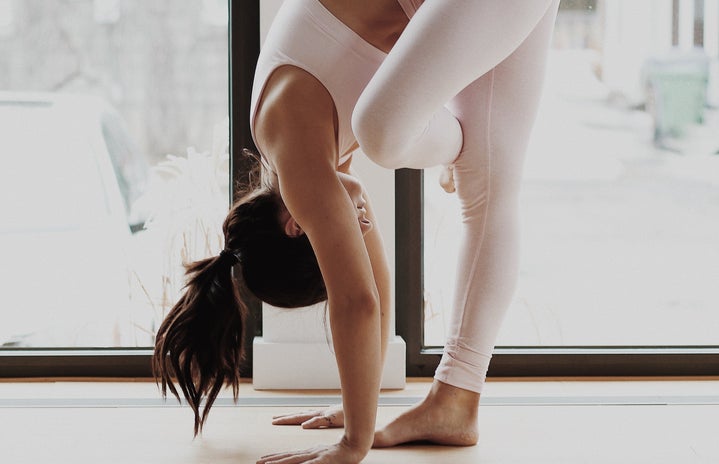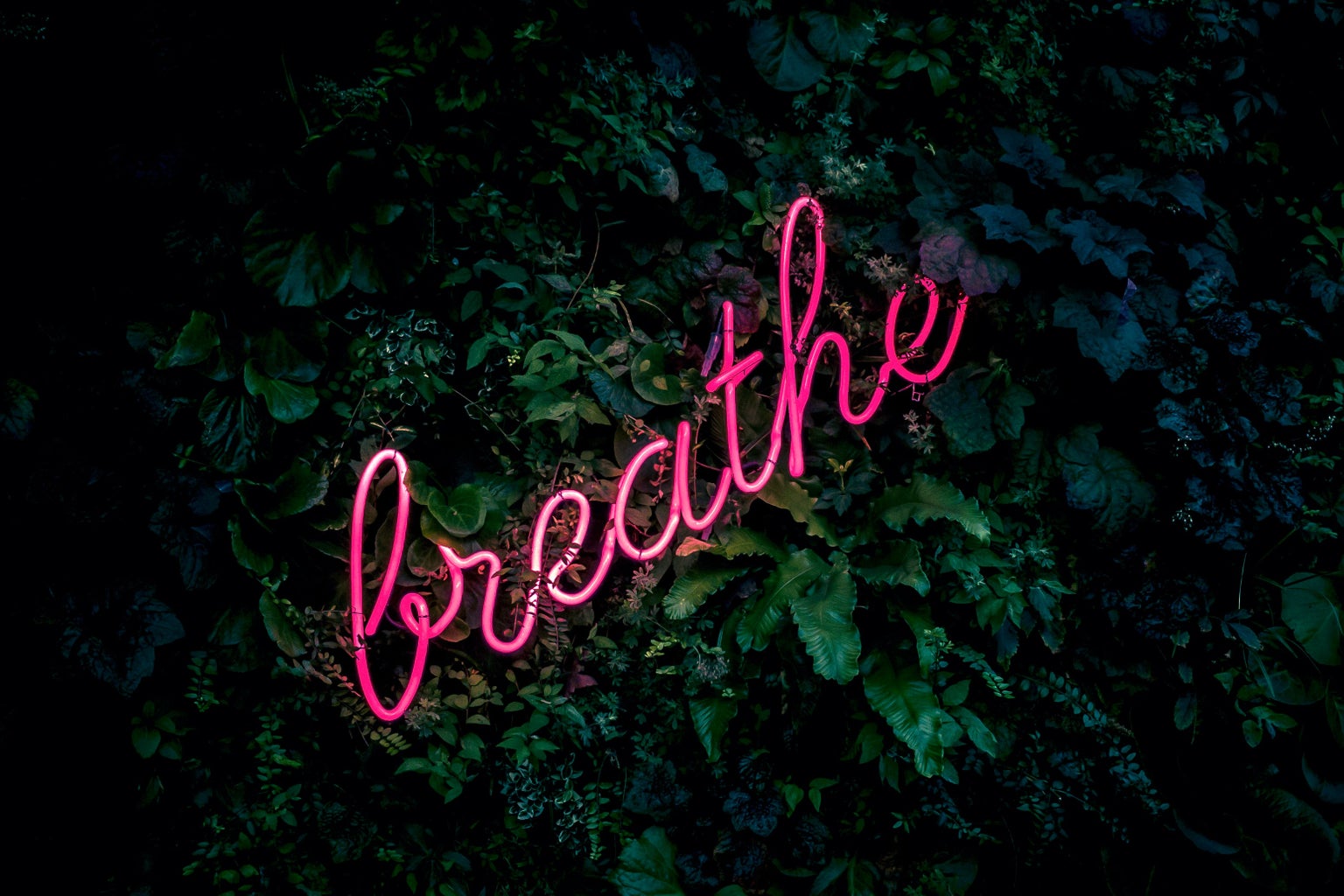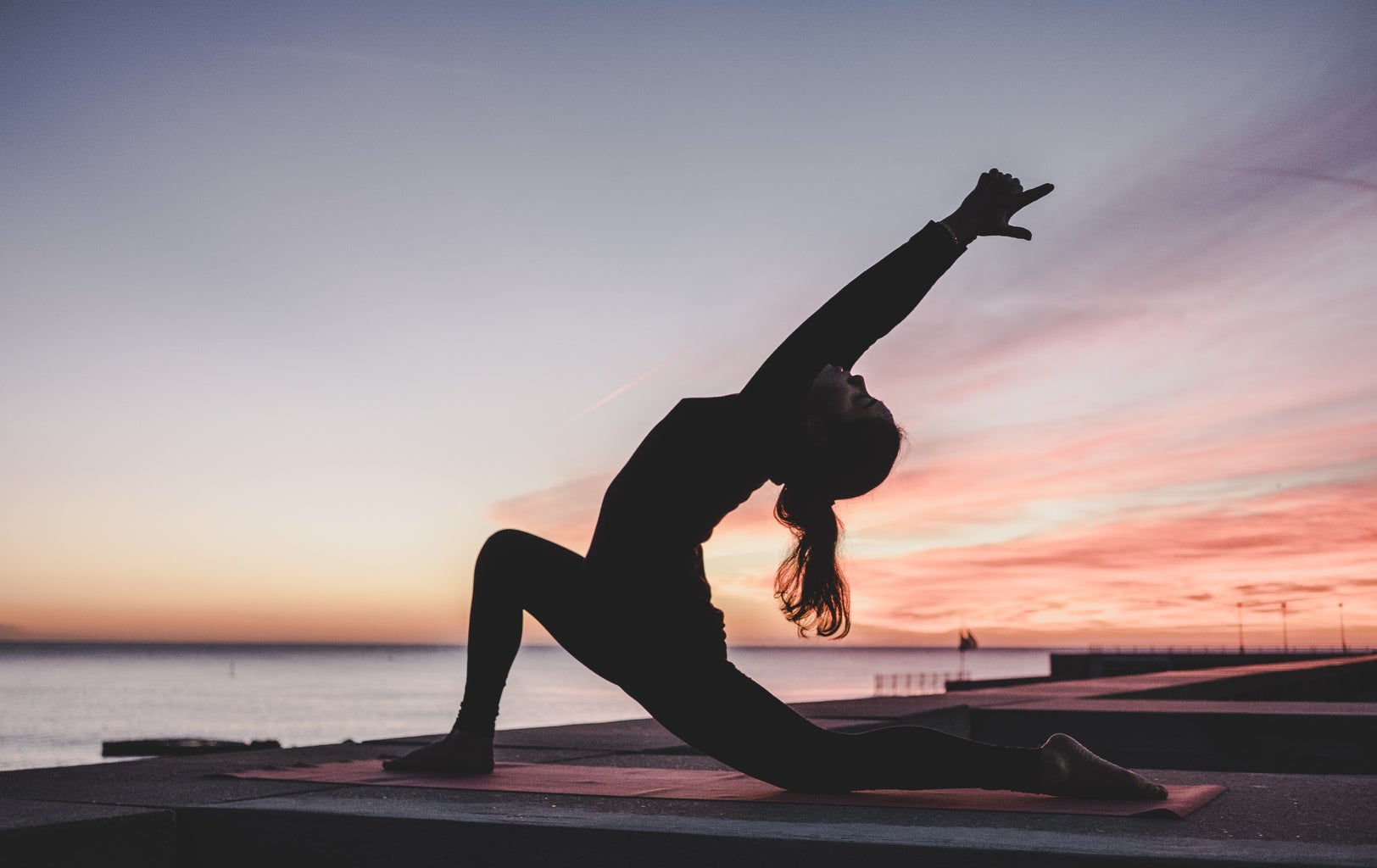Being an involved college student comes with many responsibilities and activities around you. With so much noise in our heads competing for attention, it is hard to appreciate life’s small moments. As meditation practices have become increasingly mainstream in recent years, more and more people have been seeking out resources to include this practice in their lives. Specifically for college students, meditation can be extremely beneficial in cultivating a still mind.
A line from the book Buddhism Without Beliefs says: “one of the most difficult things to remember is to remember to remember.” It is difficult to be present instead of thinking about the past or future. I am guilty of this in my own life when I disassociate and walk through the motions of life without thinking about what I am actually doing. The author brings up the idea that “worrying about what a friend said can preoccupy us so completely that it isolates us from the rest of our experience.” Fixating details of the past or future does not allow us to be in the moment, as mediation calls us to do. Instead, the author calls us to think about things like the leaves on the ground as we walk to get food.
The author also discusses accepting ourselves for what we are and our thoughts for what they are, even if that means accepting something bad because awareness “recognizes that just as hatred arises, so will it pass away.”
Meditation doesn’t only make us more still: five minutes of it can help with success in all aspects of life. Specifically for college students, it can help sharpen our memory and increase our patience, allowing us to study more efficiently. During my busy week, when I try to power through the stress, letting my brain rest allows me to be more productive.
In the speech “This is Water,” David Foster touches upon a similar idea when mentioning that “learning how to think really means learning how to exercise some control over how and what you think. It means being conscious and aware enough to choose what you pay attention to and to choose how you construct meaning from experience.”
Meditation is key to reducing anxiety and increasing self-awareness. Having time to sit and observe your thoughts allows you to really listen to the voice in your head without judgment, and be there as a witnessing presence. With a little direction, meditation gives us the potential to live with more ease.
Can’t get enough of HC UMass Amherst? Be sure to follow us on Instagram, listen to us on Spotify, like us on Facebook, and read our latest Tweets!




